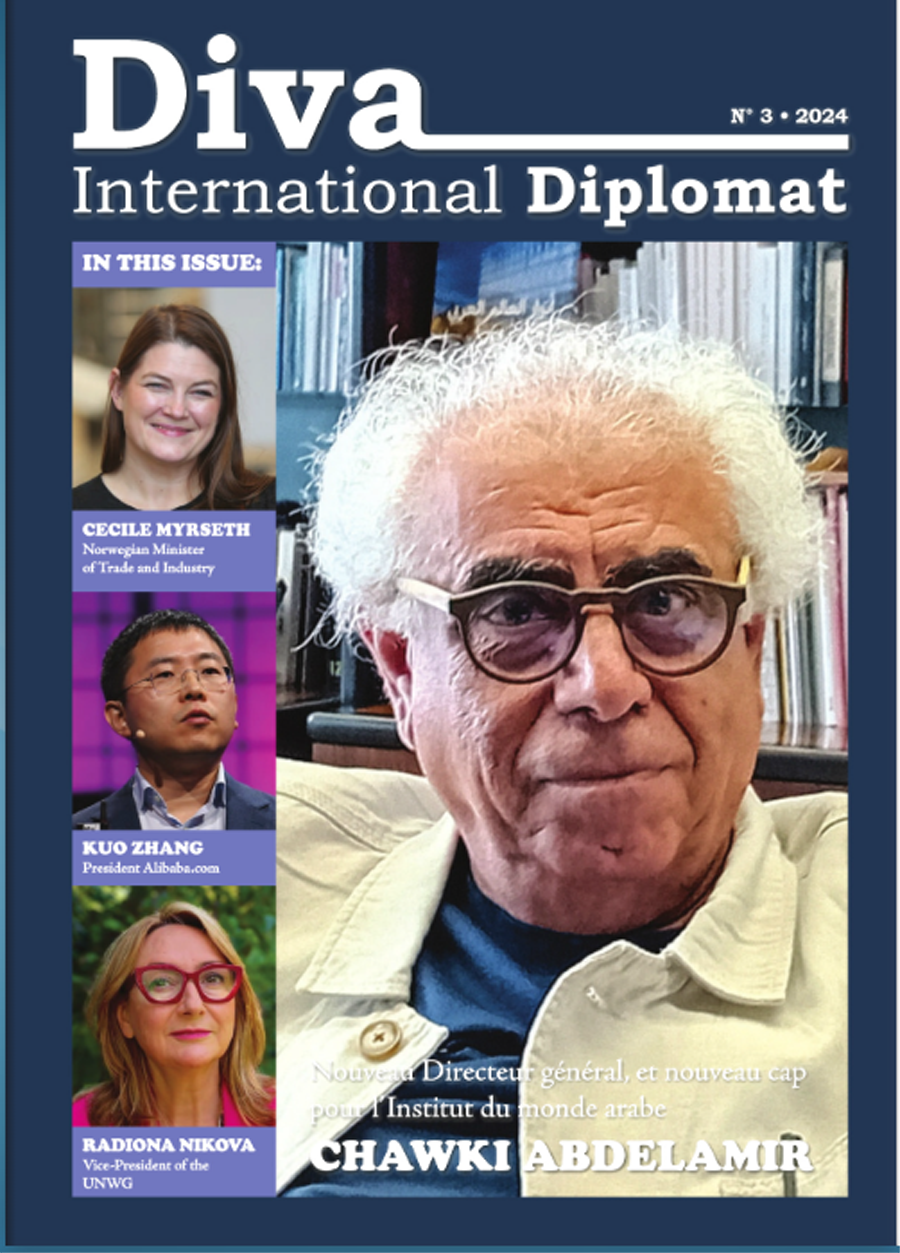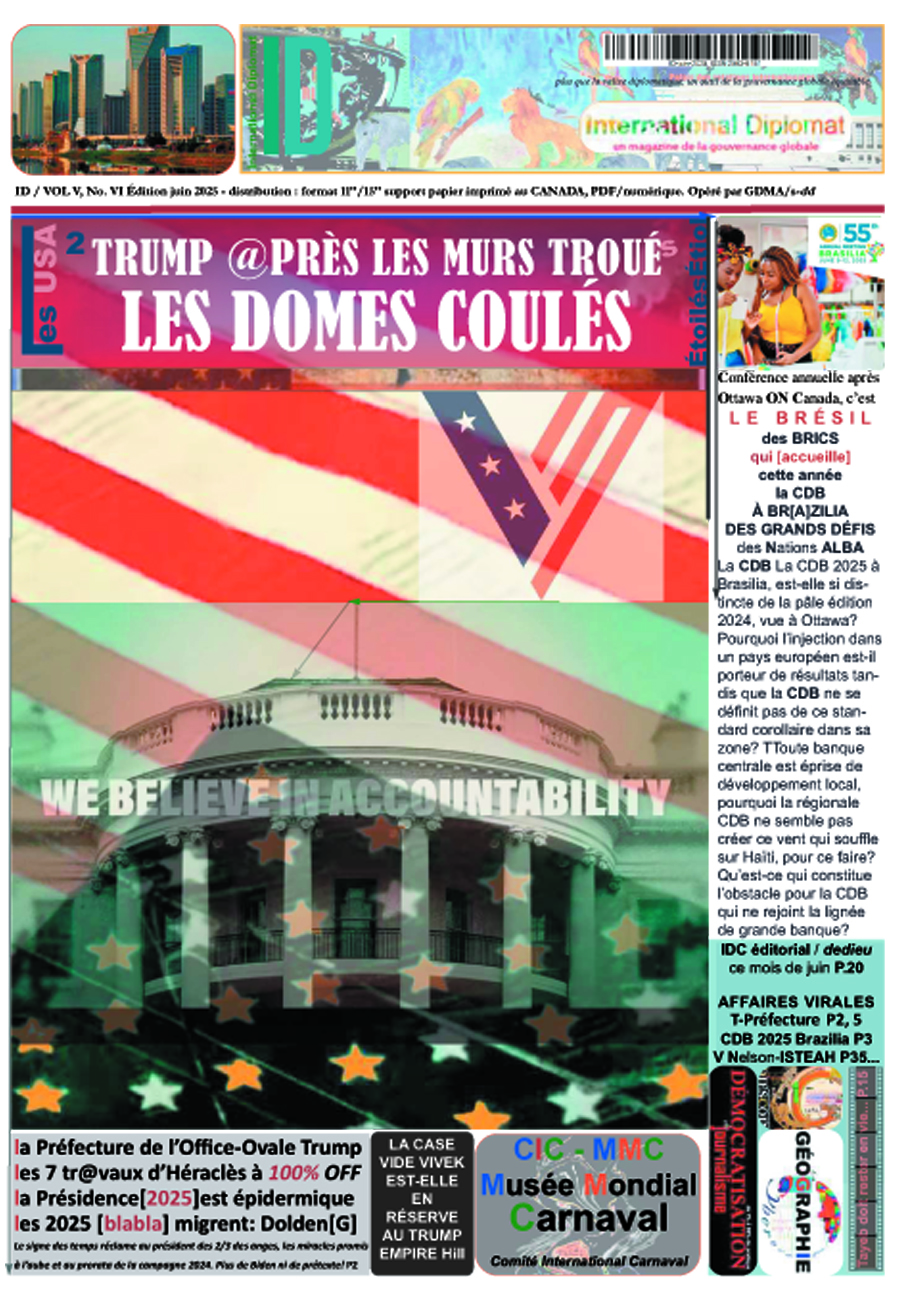On 18 July 2010 this iconic statesman’s 92nd birthday is honoured for the first time as International Nelson Mandela Day. As in previous years, throughout the world many sports, charity and other events will be organised to support the philanthropic institutions and numerous causes which he espoused that carry his name.
His life and work to liberate South Africa from the oppressive apartheid regime continues to inspire and motivate thousands of followers and admirers at home and abroad. His support and brief celebratory appearances at the opening and closing events of the 2010 World Cup in South Africa will be remembered by the organisers, players and ecstatic football supporters with satellite images beamed to millions around the world.
Described as frail and healthy, this charismatic world statesman celebrates his 92nd birthday at home with his family and 100 children who are invited. It will bridge generation gaps and provide great inspiration to those born into democracy in South Africa.
Father of the Nation
Born on 18 July 1918 in Transkei, South Africa, his father was Chief Henry Mandela of the Tembu Tribe. Nelson (Rolihlahla) Mandela studied law and qualified in 1942. Affectionately known by his tribal name Madiba, he practised law in Johannesburg and was active in the banned African National Congress (ANC).
He was in and out of prison and also confined to house arrest. He was found not guilty of treason in 1961 but retried 1963-64 and sentenced to life imprisonment. He was incarcerated at Robben Island, a small island near Capetown, used for the detention of political prisoners and subsequently on the mainland, until his release in 1990 by then State President, Willem de Klerk.
He became a potent and enduring symbol of resistance as the anti-apartheid movement gathered strength at home and abroad while consistently refusing to compromise his political position to obtain his freedom. Upon release from prison on 11 February 1990 he plunged himself into his life’s work. He was elected President of the ANC while his lifelong friend and colleague Oliver Tambo (1917-93) became the Organisation’s National Chairperson. As leader of the ANC Nelson Mandela engaged in talks on the introduction of majority rule that led to the first democratic elections.
Nelson Mandela shared the Nobel Peace Prize in 1993 with Willem de Klerk … “for their work for the peaceful termination of the apartheid regime, and for laying the foundations for a new democratic South Africa.” … This humanitarian and liberator of people became South Africa’s first democratically elected President from 1994-9. He has received many prestigious awards and recognition around the world for his life time work.
Ita Marguet
Note: Acknowledgement is given to sources used in preparation of this text. It follows a published text Tribute to a Great Man: Nelson Mandela, Ita Marguet, September 2007.





